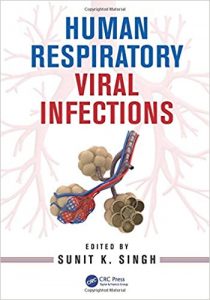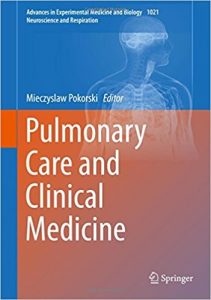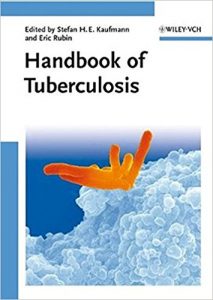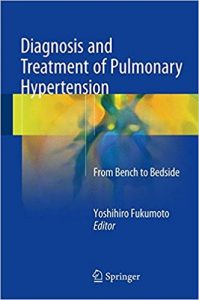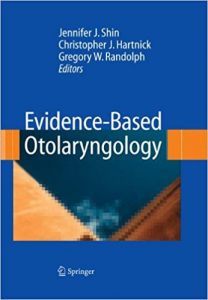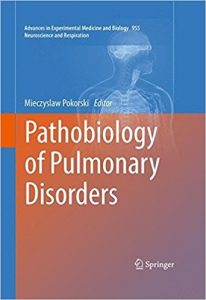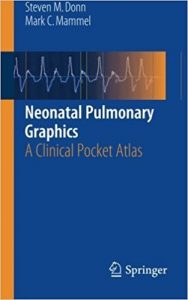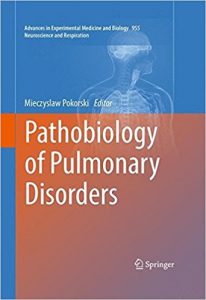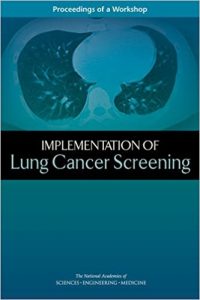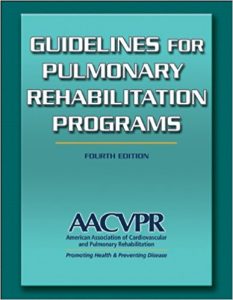
[amazon template=image&asin=0736096531]
In recent years, the climate surrounding the development and implementation of pulmonary rehabilitation programs has continued to evolve. Legal changes regarding program funding, compensation, and staffing are more dependent on effective certified pulmonary rehabilitation programming. To help those programs develop and succeed, the American Association of Cardiovascular and Pulmonary Rehabilitation (AACVPR) has updated the Guidelines for Pulmonary Rehabilitation Programs to address the credentialing requirements.
This revised fourth edition presents the most current best practices for the application of this complex and evolving clinical intervention. It discusses the individuated and interrelated components of pulmonary rehabilitation, including initial and ongoing assessment, collaborative self-management education, exercise training, psychosocial support, and outcomes measurement. This text also provides a scientific, practical framework to help practitioners do the following:
•Understand the current requirements for accrediting pulmonary-based facilities
•Design, implement, or update accredited pulmonary rehabilitation programs
•Deliver optimal care to people with symptomatic respiratory needs
•Address program issues in exercise, outcomes, and management of pulmonary-based programs
Guidelines for Pulmonary Rehabilitation Programs, Fourth Edition, is based on the most current scientific evidence and includes contributions from expert pulmonary rehabilitation professionals in nursing, medicine, physical therapy, respiratory therapy, and exercise physiology. In the fourth edition, readers will find significant updates and expanded discussion on the topic of psychosocial assessment. The fourth edition also includes a dedicated chapter detailing the AACVPR program certification process. In addition, readers will have access to updated appendixes, including a comprehensive set of forms, guidelines, questionnaires, and assessment tools.
With continued advancements in the science, application, and credentialing of pulmonary rehabilitation programs, the fourth edition of Guidelines for Pulmonary Rehabilitation Programs will assist practitioners in remaining up to date on the best practices in the field. This edition will become a valuable tool in assisting practitioners in understanding the components of pulmonary rehabilitation and applying best practices as well as updating and improving their existing programs to meet AACVPR certification requirements.
DOWNLOAD THIS BOOK FREE HERE
